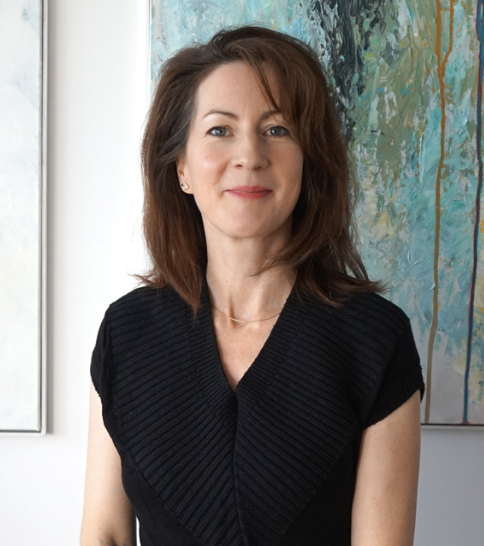Christmas time and New Year are times of celebration. Lots of parties and various occasions that make it difficult to abstain from alcohol and drugs if they are around. For some people this doesn't pose a problem whatsoever, or they might go over the line a few times a year. If the New Year's party however is just ringing in another year of debauchery and heavy consumption then it might be time for a change.
But how much is too much? It is not simply the actual quantity that is the deciding factor. There are as many different cycles and stories of alcohol or substance abuse as there are individuals. So how do you know if you've developed a problematic addictive behaviour?
Pay attention if alcohol or drugs dominate your thinking. If you are constantly fearful of not getting enough. If you are going out of your way to binge. If you gulp down drinks to speed up the effect. If you are always worried your supplies might run out. If you are making excuses to yourself and others.
A problematic pattern emerges when alcohol or drugs have started to interfere with leading your life and achieving your goals - in a direct or indirect way. When they lead you to act against your own interests. Ask yourself: Do you count on alcohol or drugs to reduce emotional distress? To make you feel good? To cope with events, people or circumstances?
This time of the year can be a good time to take stock. Find a calm place where you won't get disturbed. Sit down and relax. Then feel into yourself and see what alcohol / the drug of your choice really means to you. Explore what emotions are connected, even what physical sensations. What images come up? What do those images signify to you? Ask yourself very honestly what you use alcohol or substances for and what you expect them to do for you.
These are important questions and not easy ones. If you find them difficult to answer then try to think of specific situations. And also think of what drink and drugs gave you in reality. Were they really linked with just positive experiences? And what about the next day s ? If you realise you have a problem and decide to cut down or stop, it is helpful to list out and remember the negative experiences and sensations that were linked with consumption.
You might have even become cut off from your feelings, needs and desires. Therefore as a second step it is good to make an inventory of what you really want. What are your real desires? Look at the big picture and also think of particular situations when you binged: What was it really you wanted to get through the alcohol, cocaine, MDMA or other substances? What emotions, sensations, experiences were you really after, deep down?
If alcohol or substances have become your go-to remedy for all emotional upsets, chances are you have become blind to other solutions and behaviours, not able to see alternative, more healthier ways of dealing with things. And your natural coping abilities diminish due to the constant numbing.
Depending on how strong the impact is on your current life you might find it helpful to work with a therapist. A therapist can also advise on coping strategies for urges and cravings and devise countering actions suited to you.
In my practice I also use mindfulness and hypnosis to help shift the attitude towards alcohol and substances, the images and expectations linked with them and to rehearse alternative behaviours in a safe environment.
An important step is always to see alcohol or the drug of your choice for what it really is. And what it is not. That sounds simple, but it is surprising what we find we have projected onto them. Unrealistic hopes, expectations and effects. This realisation will finally set you free and get you to a place of free choice. Something you won't achieve through pure will-powered abstinence.
So, some food for thought and I wish you a Happy and Healthy New Year!

